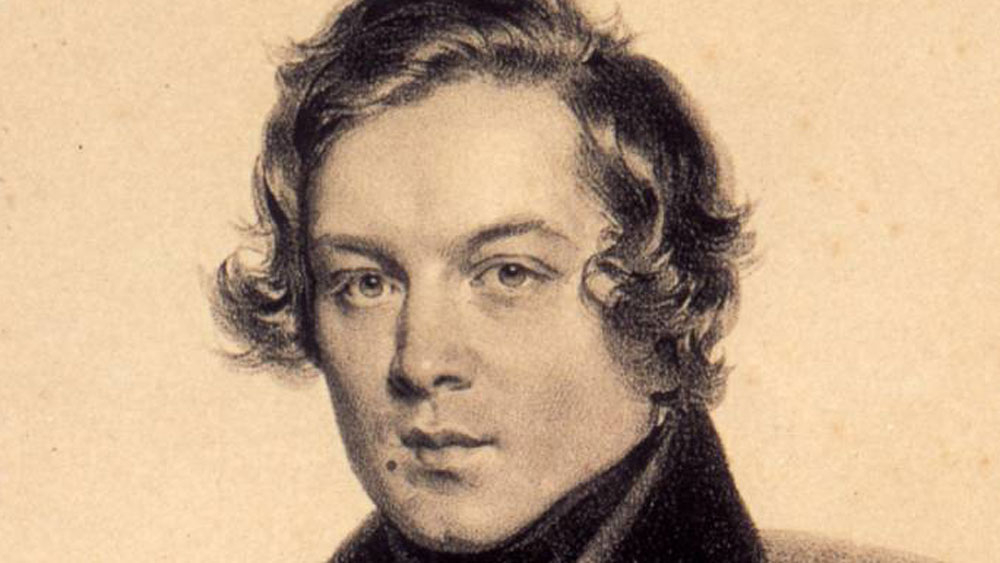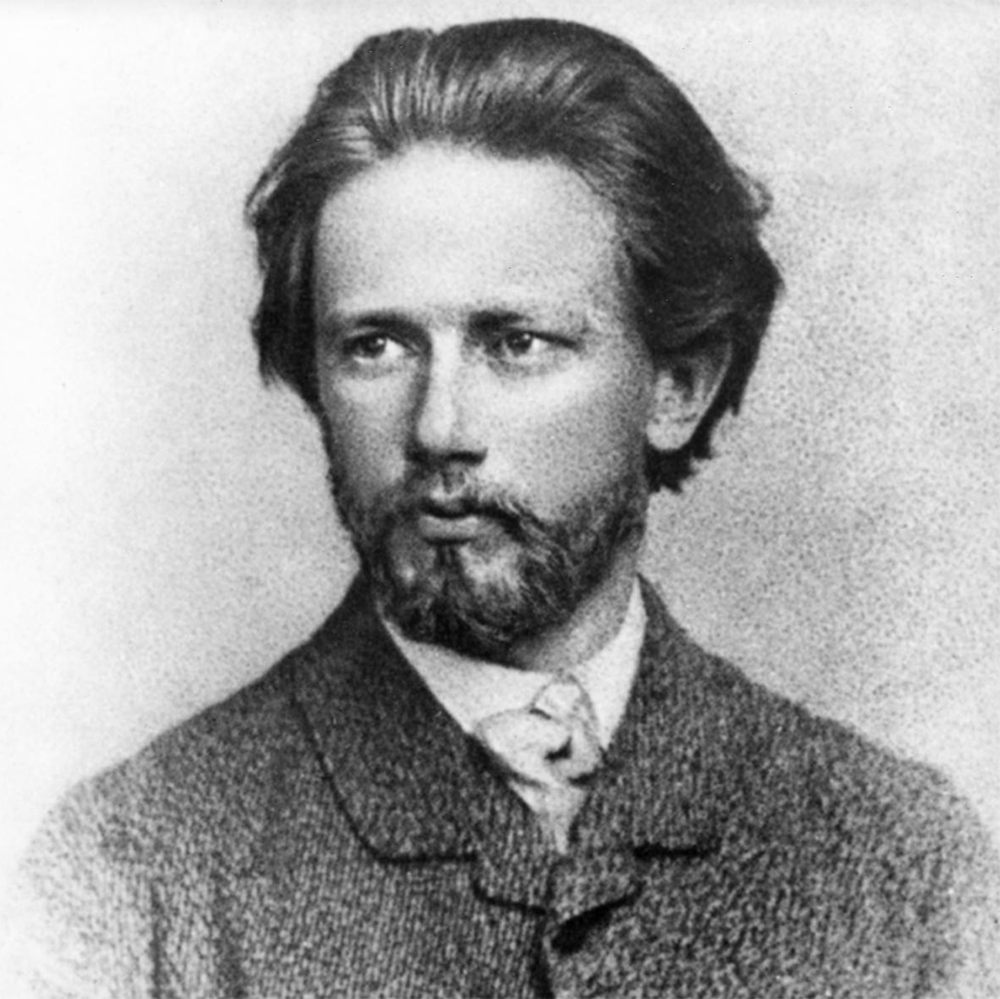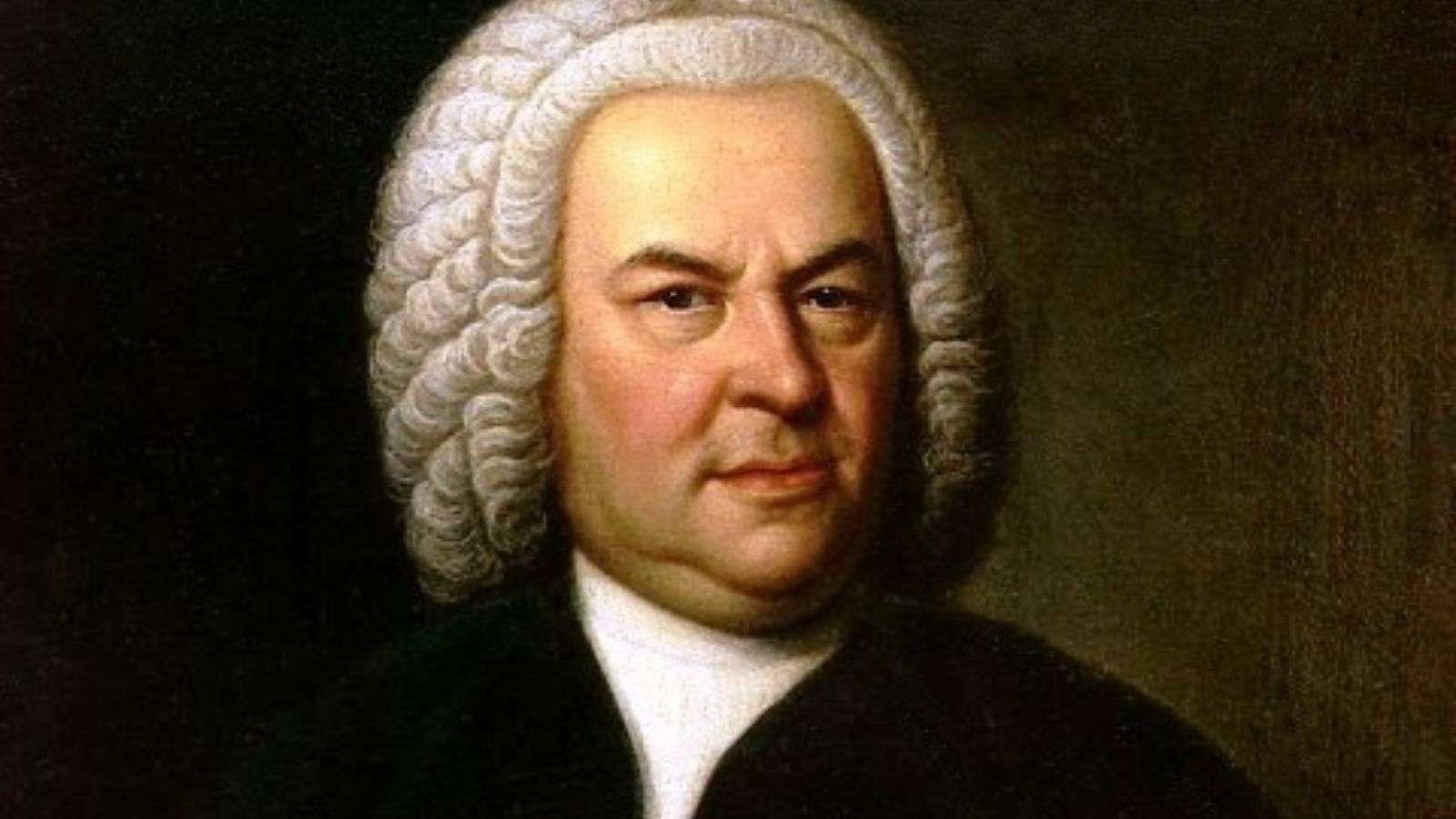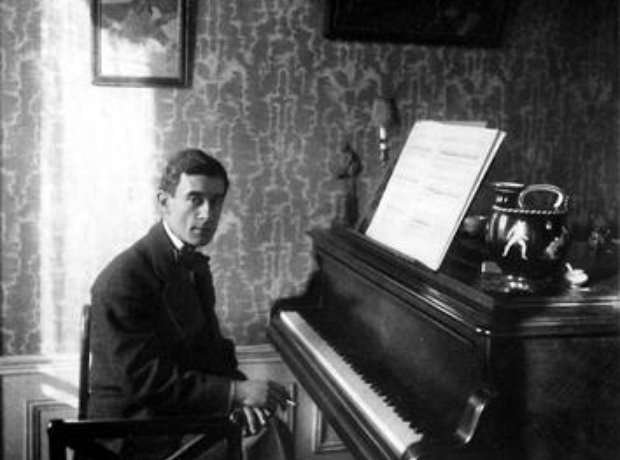There are many beautiful short pieces of classical music that are very relaxing and good for reflection, meditation, stress reduction, and enjoyment. Many of these works have tender melodies that are uplifting and touch that part where we are most vulnerable.
I grew up listening to classical music due to the fact that my mother was a classical pianist. As an adult I discovered many classical works on my own. I start my day listening to these pieces of music listed below, among others, each morning to energize my mind and spirit.
Traumerei – Kinderszenen, Op. 15, No. 7 
A tender and melodic “Daydream” depicting the innocence and joy of childhood. Robert Schumann (1810-1856) Germany, composed in 1838.
Traumerei played by Vladimir Horowitz.
Waltz in A flat major, Op. 39, No. 15

A highly playful, gentle, and melodic waltz. Johannes Brahms (1833-1897) Germany, composed in 1865.
Waltz played by Evgeny Kissin.
Nocturne, Op.19, No. 4

A thoughtful and melancholic melody. Pyotr Ilyich Tchaikovsky (1840-1893) Russia, composed in 1874.
Nocturne played by Misha Maisky.
Nocturne No. 8, Op. 27, No. 2

Very tender and graceful with an elegant melody gliding over a subtle tension and has a dramatic dynamic beneath the surface. It is simply sublime, perfection, utterly captivating. Frederic Chopin (1810-1849) Poland, composed in 1836
Nocturne played by Valentisa Lisitsa.
Concerto in D minor, BWV 974, Adagio

Johann Sebastion Bach (1685-1750) Germany, composed in 1714. This is a tender and beautiful piece with slow, soft majesty.
Adagio played by Khatia Buniarishvili.
Pavane pour une infant de funte

A haunting and peaceful dance of a funeral procession for a dead princess. Full of wonder and beauty. Slow and dreamlike. Maurice Ravel (1875-1937) France, composed in 1899.
Pavane played by Milan Orchestra UniMi, Alessandro Crudele conductor.
Trois Gymnopodies

Three wonderful slow waltzs, delicate yet majestic. Erik Satie (1866-1925) France, composed in 1888.
Gymnopodies



